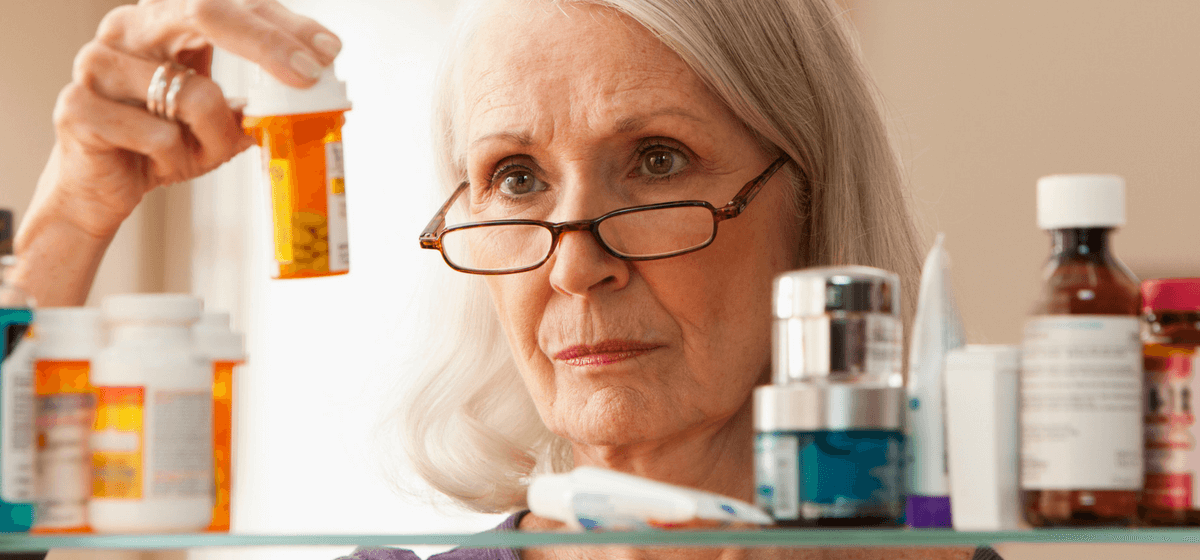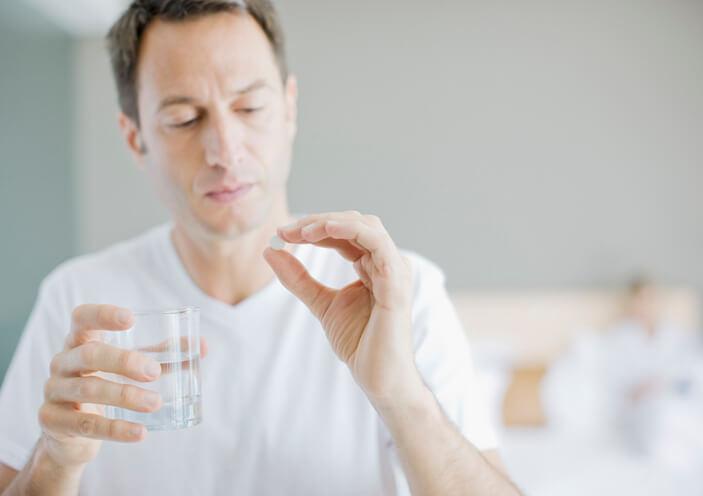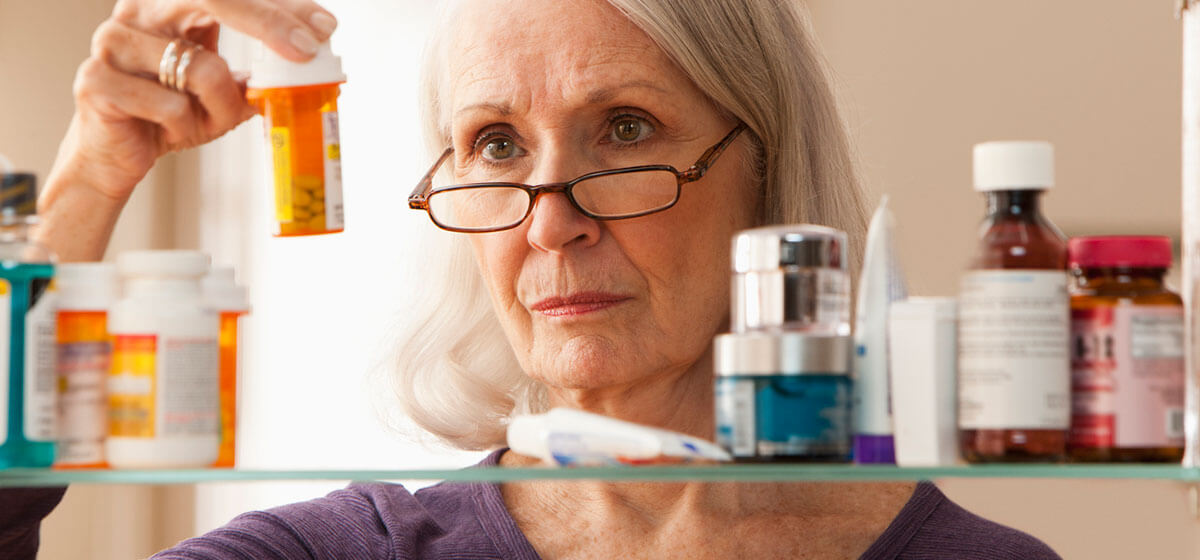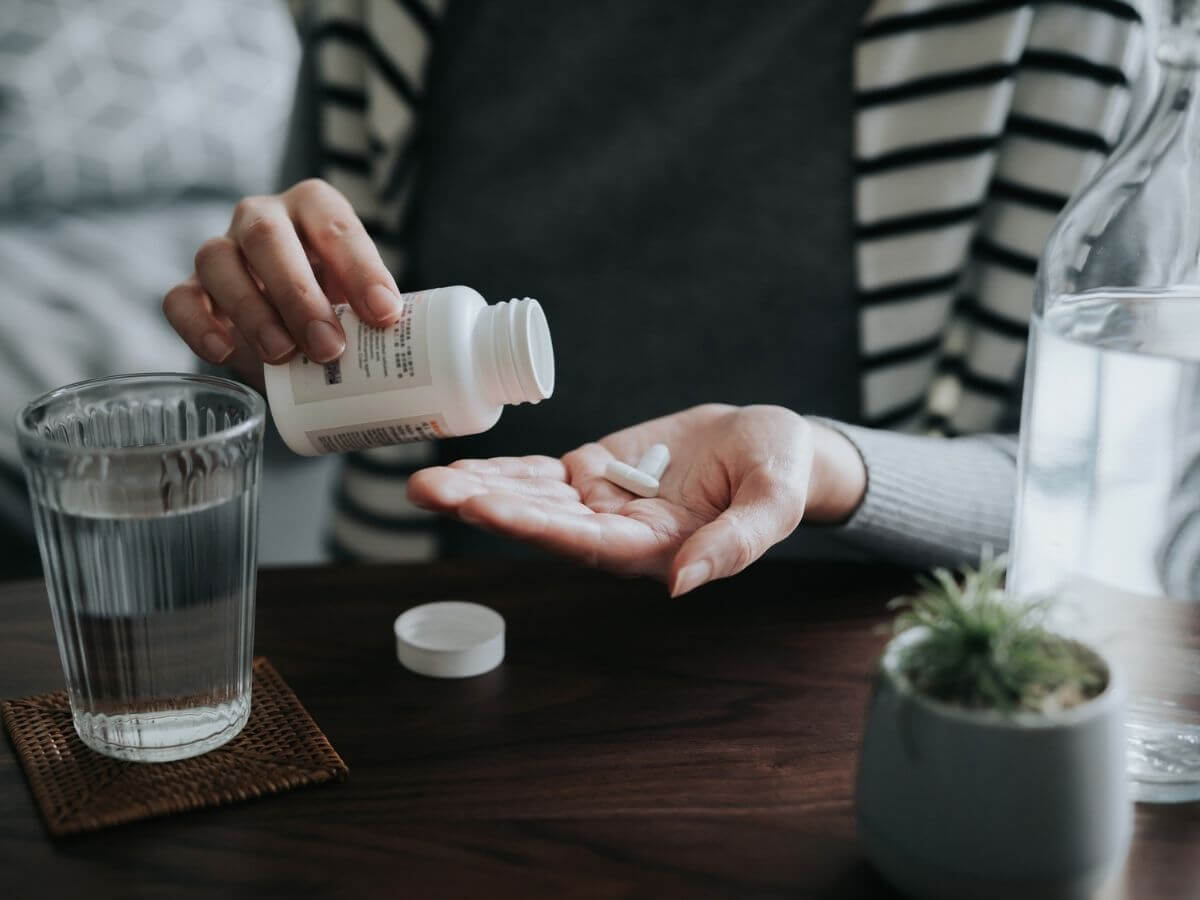The Biggest Medication Mistakes People Make

Three out of five adults in the U.S. take at least one prescription drug daily, spending some $425 billion annually. That's a whole lot of little orange bottles.
But many of us could be savvier when it comes to prescriptions. Margo Ashby, director of Pharmacy at Baptist Health Madisonville, shares some of the biggest medication mistakes — and how to correct them.
The mistake: You don’t have a master list of all your medications.
The fix: Create a document outlining your current medications, including dosage and frequency. Don’t forget over-the-counter drugs, vitamins and supplements such as protein powders. “Review the list with your doctor or pharmacist a few times a year,” Ashby says. Your doctor or pharmacist can tell you about drug interactions (for example, certain antibiotics can interfere with anticoagulants and birth control pills). Bring your list to every doctor’s appointment, and if you’re ever admitted to the hospital, show it to your healthcare team.
The mistake: You keep medication in the bathroom.
The fix: Although those mirrored cupboards are often called “medicine cabinets,” a warm, steamy bathroom is the worst place for medications. Refrigerate them if the label says to, otherwise “keep them away from humidity, heat and direct sunlight, all of which can affect a medicine’s potency or composition,” Ashby says. Good storage spots could be a kitchen cabinet that’s far from the sink and stove, or a dresser drawer. Do you have kids? Get a lock box specifically designed for medication.
The mistake: You aren’t curious enough.
The fix: Be your own self-advocate. “The more aware you are, the better you can make informed decisions,” Ashby says. When your doctor prescribes a medication, write down the name and dosage while you’re in the exam room. Ask why it’s recommended, what side effects you might experience and if this means you can stop taking another drug that was prescribed for the same health issue (a Consumer Reports study found that the answer is often yes). At the drugstore, check your notes and make sure that the pharmacist gives you the right product — mistakes do happen.
The mistake: You try a friend’s prescription.
The fix: Even if you’re wondering, for example, if a pal’s sleep medication will help your insomnia, never experiment. “You don’t know how it’s going to interact with anything you’re currently taking,” Ashby says.
The mistake: What schedule? You take your meds when you think of it.
The fix: Educate yourself and create a daily plan. “With every new medication, ask your pharmacist if there are timing considerations related to food and other drugs,” Ashby says. For example, it’s best to take baby aspirin at night, and progestin-only birth control (the “mini-pill”), should be taken at the same time each day. Some meds should be consumed with food to prevent nausea, others work best on an empty stomach, and sometimes you’ll need to avoid caffeine or alcohol.
The mistake: You chuck left-over medicine into your trash, bottles and all.
The fix: For safety and environmental reasons, it’s best to take unused or expired medications to a safe disposal site. Many drugstores accept them; you can find your closest drop-off site on the DEA website. Watch for local law enforcement “drug take back” days in your area. If you’re going to throw medications in the trash, the FDA has guidelines, such as mixing them with kitty litter or coffee grounds. Remove prescription labels from bottles to protect your privacy.
Get more tips from Baptist Health pharmacists about medication safety and how to protect prescriptions from the summertime heat.



